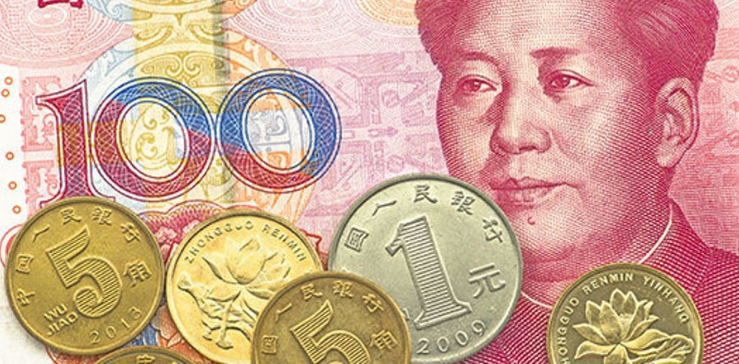 WeChat, which has over one billion members, is owned by the huge Chinese tech company Tencent.
WeChat, which has over one billion members, is owned by the huge Chinese tech company Tencent. This is the 5th biggest company in the world and is helping China to rapidly replace cash and enable Chinese citizens to digitally pay for all their goods and services. Over $50 billions of transactions in 2018 was carried out on WeChat, with the app handling over 48 BILLION messages a day!
In a recent survey, WeChat and Alipay (owned by Alibaba) were found to be responsible for over 50% of transactions, while cash had slipped to only 21%.
The Chinese government has been watching the rise of Digital currencies, and the People’s Bank of China has been working on its own digital currency since 2014, according to Dovey Wan, an advisory of Coindesk https://www.chainnews.com, resulting in it filing over 70 patents to date.
Evidence of the People’s Bank of China’s interest in Digital currencies is supported by a recent announcement that the bank currently has three open positions – “looking for a blockchain development engineer, a blockchain architect, and a senior technical expert, who will be responsible for developing and optimizing a distributed network that will be capable of delivering “large scale transactions.”
There has been a massive expansion of M2 money supply in China, with M2 rising by nearly 18 times from December 1998 to March 2019. This has led to huge amounts of debt, with the Chinese government being concerned about the leverage in its economy. Commercial banks have lent money to businesses and real estate projects, and now the government wishes to find a way to be able to have greater control, seeing digital currencies as a possible solution. So, while we are seeing announcements from WeChat saying that they are going to ban Cryptocurrency trading (as these are not controlled by the Chinese government), the government itself is pressing on with plans to have its own digital currency on a Blockchain. It is thought that the Chinese government will wish to control the Blockchain nodes, cloud, database and any wallets that interact with the Chinese digital currency. This, in turn, will enable the government to track M2 more accurately and ensure it can collect taxes due, therefore having better control of the actual money circulating within its economy.
The creation of a Digital Renminbi is likely to further undermine the use of cash in the Chinese economy and possibly set a precedent for other countries to do the same. We have already seen countries like Japan, Singapore, Estonia, Senegal, and Russia all talking about creating their own Digital Currency. However, are there other reasons for a Digital Renminbi, as China’s “Belt and Road Initiative” extends towards Western Europe and Africa, which will physically link 60 countries (as this would clearly improve trade between them if they all used one currency)?
Furthermore, as China now accounts for 20% of the total debt owed by African countries, will the Chinese, in time, look to convert some of these debts to be denominated in Digital Renminbi and have the interest payments collected by “smart contracts”? This could be highly appealing for certain nations to lessen their reliance on the US$, especially if the Chinese incentivises African countries to accept using a Digital Renminbi, by reducing the outstanding debt to China by say 20%.


